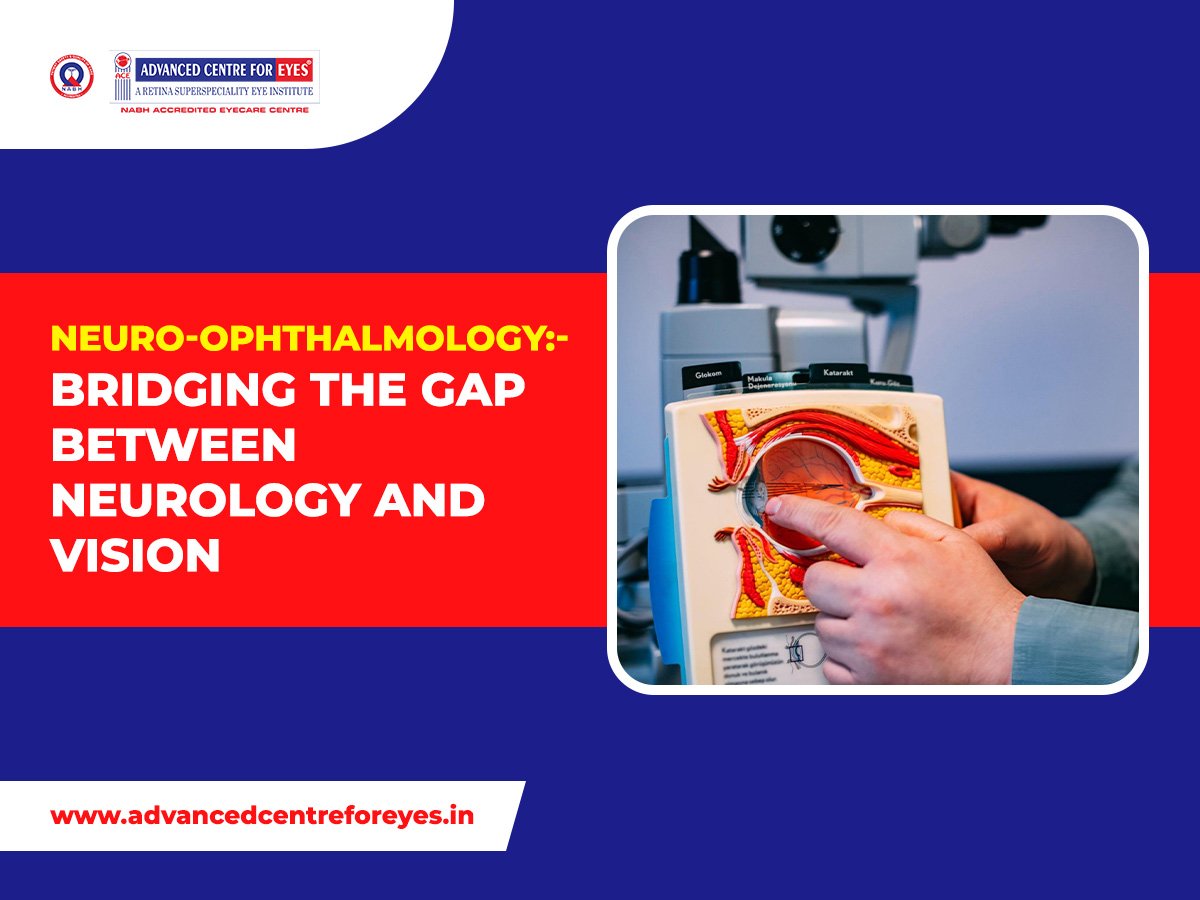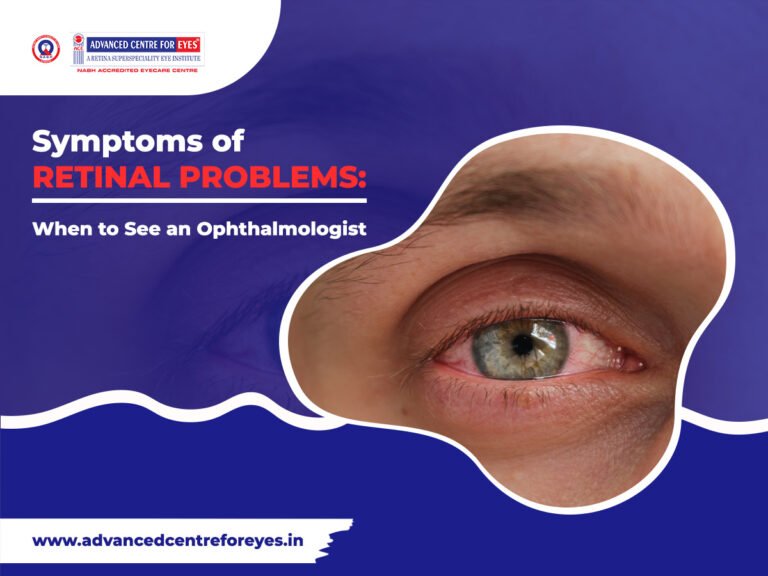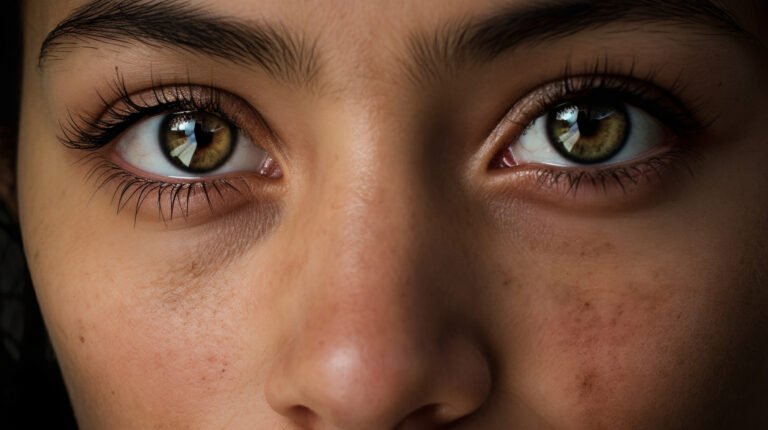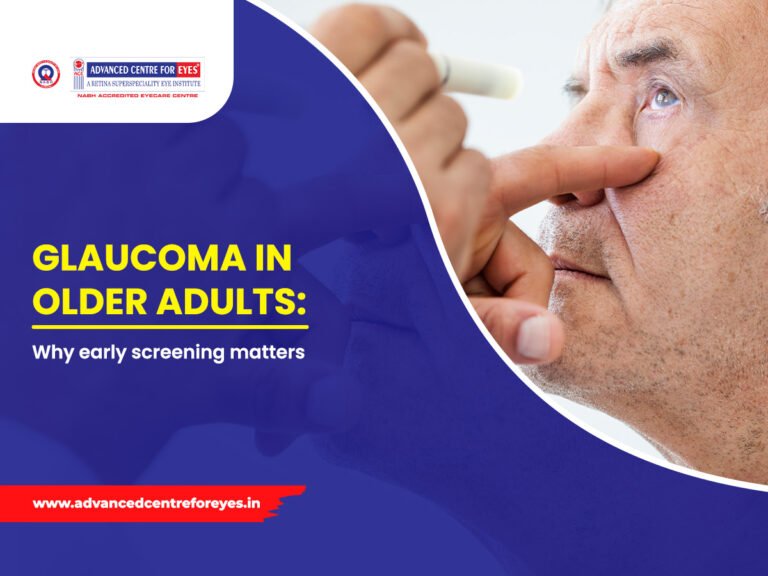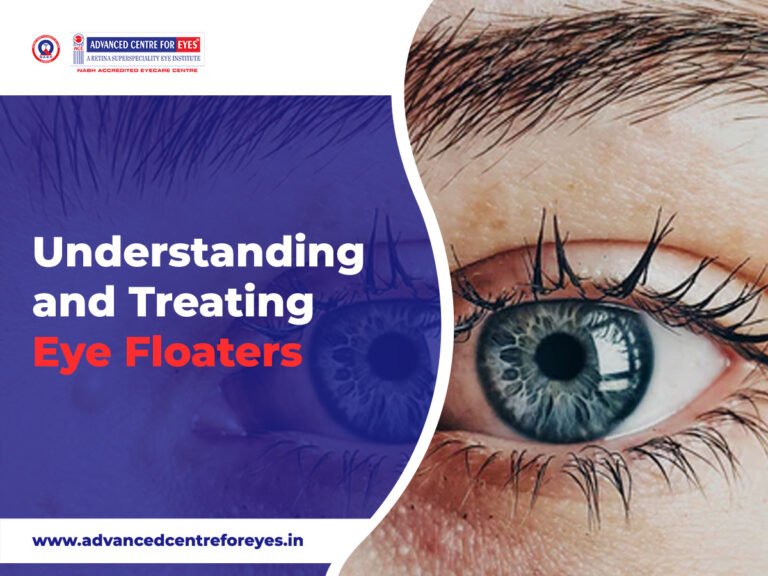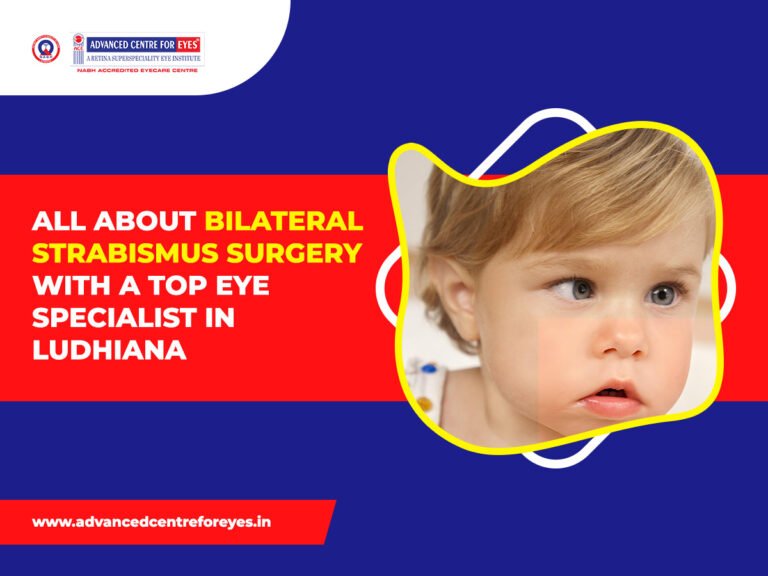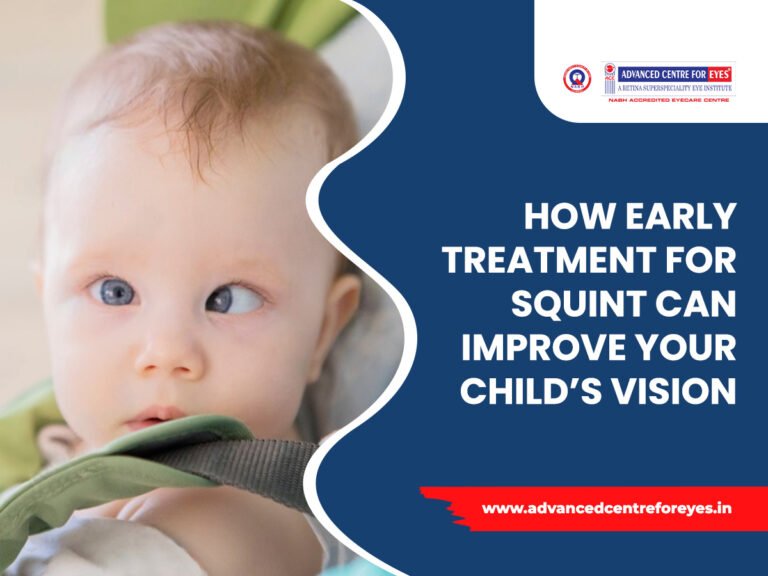Neuro-ophthalmology: Bridging the Gap Between Neurology & Vision
Imagine you are playing a video game, and the main character has to solve a puzzle that involves seeing and understanding different shapes and colors. Just like in the game, our eyes work with our brains to help us see the world around us. But what happens when there’s a problem with the connection between the eyes and the brain?
This is where a special branch of medicine called neuro-ophthalmology comes into play. Today, we will learn about how neuro-ophthalmologists, who are experts in both neurology (the study of the brain and nerves) and ophthalmology (the study of the eyes), help us see better and keep our brains and eyes healthy.
What is Neuro-ophthalmology?
Neuroophthalmology is a big word, but it’s really about something simple: it’s a field of medicine that combines the study of the brain (neurology) and the study of the eyes (ophthalmology). It focuses on how the brain and the eyes work together to help us see and understand the world around us. Think of the eyes as cameras and the brain as a computer that processes the images. If there’s a problem with either the camera or the computer, we might have trouble seeing or understanding what we see.
Sometimes, problems with vision are not because of issues directly with the eyes themselves but because of problems with the brain or the nerves that connect the eyes to the brain. This is where neuro-ophthalmologists step in to help. They are like detectives who figure out why someone might be seeing double, losing vision, or having trouble with eye movements. If you ever need to visit an eye specialist in Ludhiana, they might refer you to a neuro-ophthalmologist if they think the issue involves the brain and eyes working together.
How Do Neuro-ophthalmologists Help?
Neuro-ophthalmologists at the Centres for Eye Care use special tests to find out why someone is having vision problems. Here are some of the common things they do:
- Vision Tests: They start with regular vision tests to see how well someone can see. This includes reading letters on a chart, checking side vision, and looking at different colors.
- Eye Movement Tests: They check how well the eyes can move. They might ask a person to follow a moving object with their eyes. This helps them see if the muscles and nerves that control the eyes are working correctly.
- Brain Imaging: Sometimes, they use machines like MRI or CT scans to take pictures of the brain. These pictures help them see if there’s anything unusual happening inside the brain that could be affecting vision.
- Optical Coherence Tomography (OCT): This is like taking a photo of the back of the eye. It helps neuro-ophthalmologists see if there’s any damage to the optic nerve, which is like a highway that sends information from the eyes to the brain.
- Visual Field Tests: This test helps them understand how much someone can see to the sides when they are looking straight ahead. It helps find out if there are any blind spots.
By doing these tests, neuro-ophthalmologists can understand more about what’s happening with someone’s vision and how it is related to the brain.
Common Conditions Treated by Neuro-ophthalmologists
Neuro-ophthalmologists treat many different conditions. Here are some of the most common ones:
- Optic Neuritis: This is when the optic nerve, which connects the eyes to the brain, gets inflamed or swollen. It can cause pain and sudden vision loss. People might see flashing lights or colors that aren’t there.
- Double Vision (Diplopia): Seeing double can be confusing and even scary. This happens when the eyes are not aligned properly, so each eye sends a different picture to the brain. Neuro-ophthalmologists figure out why this happens and how to fix it.
- Brain Tumors: Sometimes, a tumor in the brain can press on the nerves that affect vision. By finding these tumors early, neuro-ophthalmologists can help prevent further vision problems.
- Stroke: A stroke can affect the part of the brain responsible for vision. This might cause sudden loss of vision in one eye or both or problems with visual perception. Neuro-ophthalmologists help people recover from vision problems caused by strokes.
- Multiple Sclerosis (MS): MS is a disease that affects the brain and spinal cord. It can cause various symptoms, including problems with vision. Neuro-ophthalmologists can help manage the vision-related issues that come with MS.
- Migraine-Related Vision Problems: Some people have migraines that cause flashing lights or even temporary blindness. These are called ocular migraines. Neuro-ophthalmologists can help understand and treat these symptoms.
How Neuro-ophthalmologists Make a Difference
Imagine not being able to see clearly or having double vision. It would make everyday activities like reading, writing, or even playing with friends very hard. Neuro-ophthalmologists make a huge difference in the lives of people who experience these problems. By using their knowledge of both the brain and the eyes, they can find solutions that help people see better.
For example, if someone has optic neuritis, a neuro-ophthalmologist might give them medicine to reduce inflammation and protect their vision. If someone is seeing double, they might need special glasses or even surgery to help their eyes work together again. These treatments help improve the quality of life for many people.
Importance of Early Detection and Regular Check-Ups
Just like we go to the dentist to keep our teeth healthy, it’s important to see an eye specialist to keep our eyes healthy. Regular check-ups can catch problems early before they become serious. If you live in Ludhiana, visiting a center for eye care regularly can help keep your eyes in good shape. Neuro-ophthalmologists can work with other doctors to make sure that both your eyes and brain are healthy.
Early detection is especially important because some vision problems can get worse over time. For example, if a brain tumor is causing vision loss, catching it early means there’s a better chance of treating it successfully. That’s why neuro-ophthalmologists recommend regular eye exams and not ignoring any changes in vision. If you notice anything unusual with your vision, like seeing double or having blind spots, it’s important to tell an adult and visit an eye specialist in Ludhiana right away.
How to Protect Your Eyes and Brain
There are some simple things you can do to keep your eyes and brain healthy:
- Eat Healthy Foods: Eating fruits and vegetables like carrots, spinach, and oranges can help keep your eyes and brain healthy. Fish that are rich in omega-3 fatty acids, like salmon, are also good for your brain.
- Wear Protective Gear: If you’re playing sports or doing activities where you might get hit in the face, wear protective glasses. This helps prevent injuries that could hurt your eyes.
- Take Breaks from Screens: Too much screen time can strain your eyes. Make sure to take breaks when using the computer, tablet, or phone. Look away from the screen every 20 minutes for at least 20 seconds.
- Stay Active: Exercise is good for your whole body, including your eyes and brain. Physical activity increases blood flow, which helps keep your brain and eyes healthy.
- Get Regular Check-Ups: Just like you go to the doctor for regular health check-ups, make sure to get your eyes checked regularly. This helps catch any problems early.
- Protect Your Head: Wearing a helmet when riding a bike or playing certain sports can protect your head from injuries. A healthy brain is important for good vision.
Conclusion
Neuroophthalmology might sound complicated, but it’s all about making sure our eyes and brains work well together. Neuroophthalmologists are like detectives who solve puzzles about vision. They help find out why someone is having trouble seeing and work to fix it. If you or someone you know ever has a vision problem, remember that there are experts, like those at a center for eye care, who can help. By taking care of our eyes and brain, eating healthy, and getting regular check-ups, we can keep our vision sharp and our minds clear.


